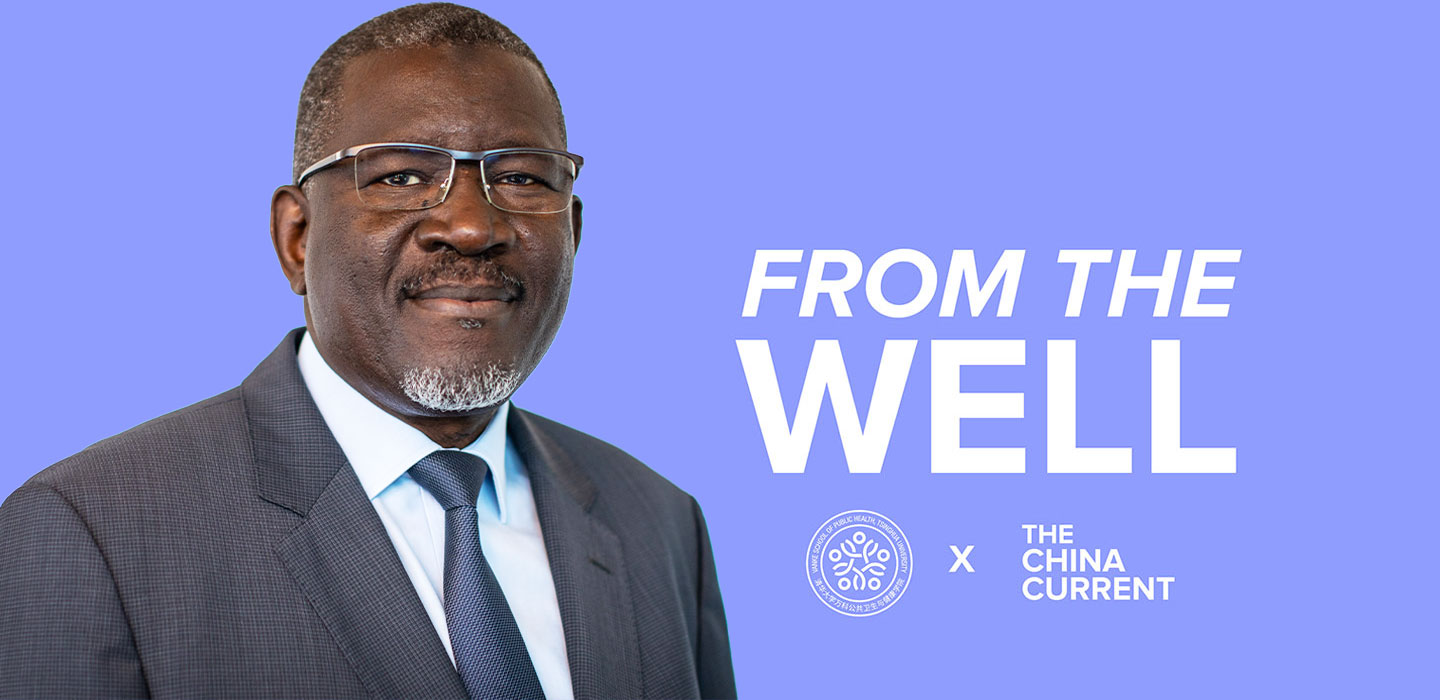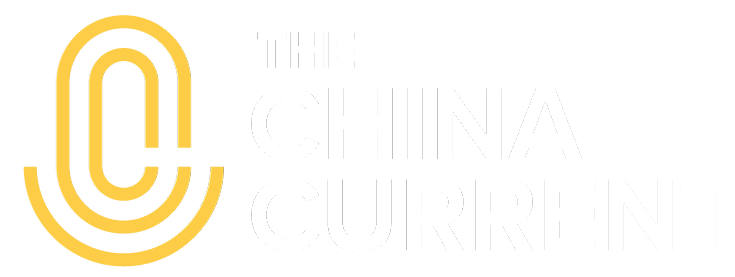這是一個需要保持謙卑的時刻,它提醒我們,
在所有人都安全之前,沒有人是安全的。
聯合國前秘書長安南(Kofi Annan)去世,震驚世人, Elhadj As Sy接棒領導他的基金會。他是一位國際援助專家,自稱為「人民的僕人」。本次採訪中我們探討了當前疫情,也談到了他自己的病情。
當看到你的推文時,我心一沉,得知你感染了新冠。這是怎麼發生的?這場疾病對你有什麼影響?
也許我放鬆了警惕,忍不住擁抱了孩子。
亦有可能是別人來訪,即使在疫情期間,我也無法將他們拒之門外。
一個人居住的地方,是決定你健康的一個主要因素。
在地球南部的塞內加爾達喀爾,你身處的地方,疫情是如何開始的?
我所居住的地方,70% 的人口不到 35 歲,非常年輕。而我屬於被認為是高危的年齡組別,僅佔人口的2%。這些因素,加上人們因氣候問題而住在戶外,使這裡的疫情不算太嚴重。感謝上帝,因為我們的衞生系統非常薄弱,根本無法承受疫情所帶來的衝擊。
在全球最偏遠地區的最後一個村莊戰勝疫情之前,我們都不能認為自己是安全的。
您是否擔心世界正走向常態化,不僅面臨當前的疫情,還有下一次的疫情威脅?
肯定會有另一種威脅。但是這個威脅未必成為疫情,也未必成為災難性事件。世界真的迫切需要恢復正常,也在尋找方法擺脫困境。
所謂「正常狀態」意味著,以正面的方式與這場疫情共處,積極應對並為下一場疫情做好準備,這須利用我們迄今為止所擁有的科學、知識和積累的經驗。
但是,James,這一切都需視乎各層面上的領導力,從社區層面,到國家和國際層面。
這種領導力應該由價值觀來推動,即關心人民的價值觀。這就是為什麼我們也呼籲「積極的公民意識」,讓領導人對他們作出的承諾負責。
我再強調,我們都必須保持謙卑,而這種謙卑應該促使我們盡早行動,然後快速作出反應。
我們所有人都能成為人道主義者嗎?
即使沒有相關的職銜?
James,我們只有一種共同的人性。
我們都可以關心,傾聽,借出肩膀讓人依靠,還可以分享時間,如果人人都以自己的方式這樣做,我們都能加入關懷者的大家庭,也成為人道主義者。
我們不需要頭銜,而是需要價值觀,為人們共同擁有的一樣東西作出貢獻,那就是共同的人性。
This was a humbling moment that reminded us that none of us is safe until we all are.
When Kofi Annan passed away, leaving behind a world in shock, the person chosen to lead his foundation was Elhadj As Sy, an international aid expert who calls himself simply, “a servant to humanity”. I spoke to him about the pandemic, including his own illness.
My heart sank when I saw the Tweet, showing that you too had become infected. What happened? And how does that illness impact you today?
Maybe I let my guard down because I couldn’t resist not hugging a child? Maybe I let my guard down because when people knock on my door, even in the middle of pandemic, I could not turn them away. The place where you live is a major determinant of your health.
How does this story play out in Dakar, Senegal, where you are, which is of course part of the global south?
I live in a place where 70% of the population is younger than 35 years, very young. So, I belong to the age group that makes-up only 2% of the population, which we consider to be the high-risk group. The fact that all those elements and the fact that people live outdoors because of climate, the pandemic has not been so severe. Thank God because the weakness of the health system will not be up to par with the impact of this pandemic we're seeing.
Until the pandemic is fought in the last village, in the most remote part of this globe, we cannot consider ourselves to be safe.
Do you worry that the world is becoming normalized not only to the current pandemic, but to the threat of a next pandemic?
There will be another threat for sure. But that other threat does not have to become a pandemic, it does not have to become a catastrophic event. The world is really crying for normalcy and the world is also looking for an exit strategy.
"Normalcy" means living with this pandemic in a positive way, by responding positively and preparing for the next one, taking advantage of the science and the knowledge and the accumulated experience that we have so far.
But all that boils down again, James, to leadership at all levels, at the level of the community, at the level of the nation and internationally.
And that leadership should be fuelled by values, the values to care about people. That is the reason why we also call for 'active citizenship', to hold leaders accountable to promises that they make.
And again, we all have to be humble, and that humility should drive us to act early... and then to respond early.
How can we all be humanitarians?
Even if we don't have that job title?
James, there is only one humanity we all share.
We all can care, we can lend an ear to listen, we can give a shoulder to lean on, we can share time, and if we do so in our own way, we will be joining the community of carers and therefore become humanitarians.
We don't need the title, we need the values, and we all can contribute to the one thing we all belong to, which is our common humanity.

